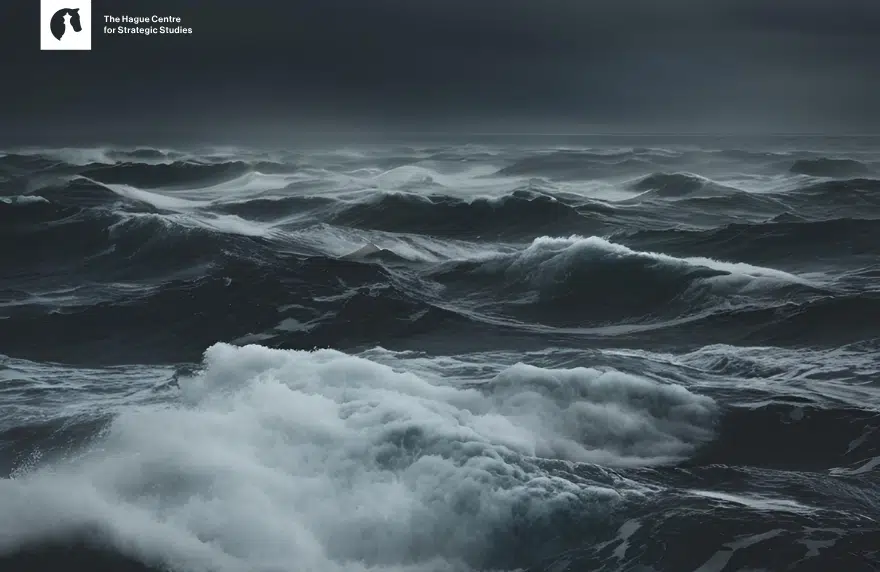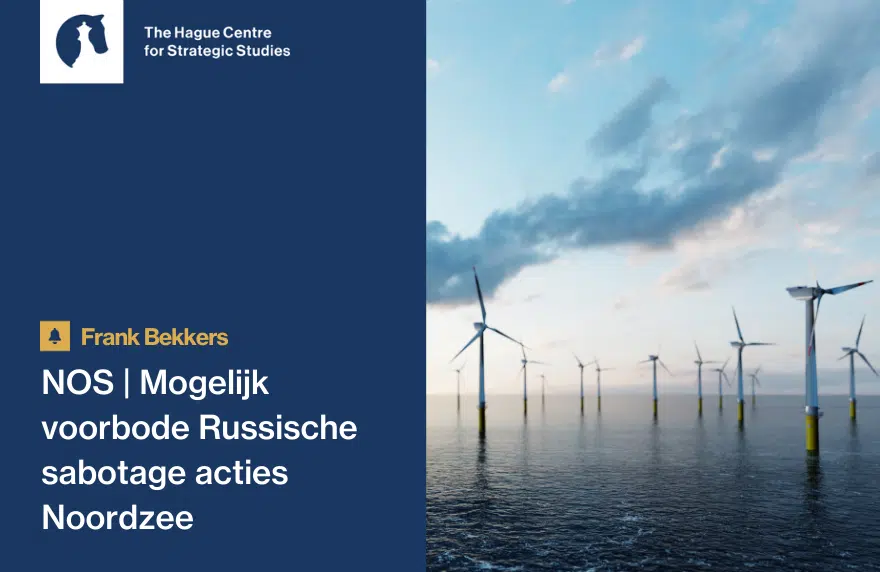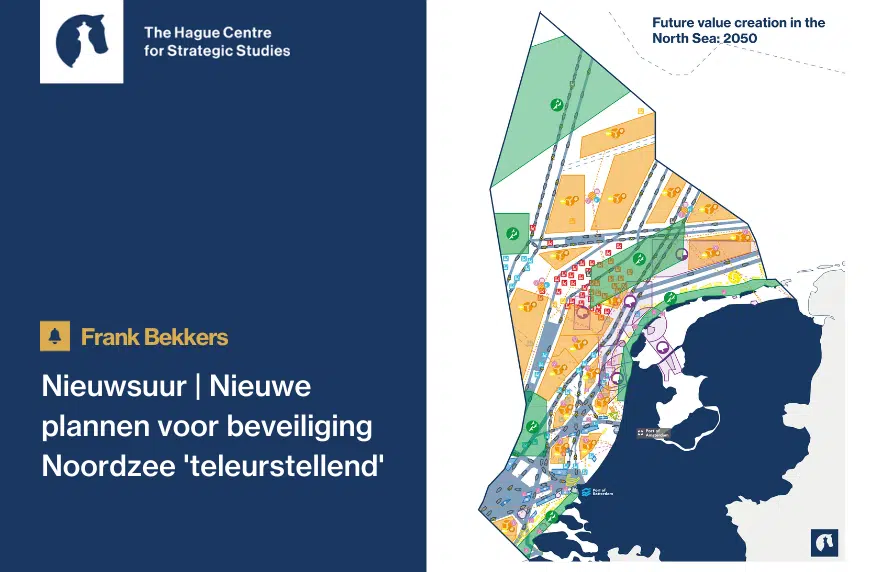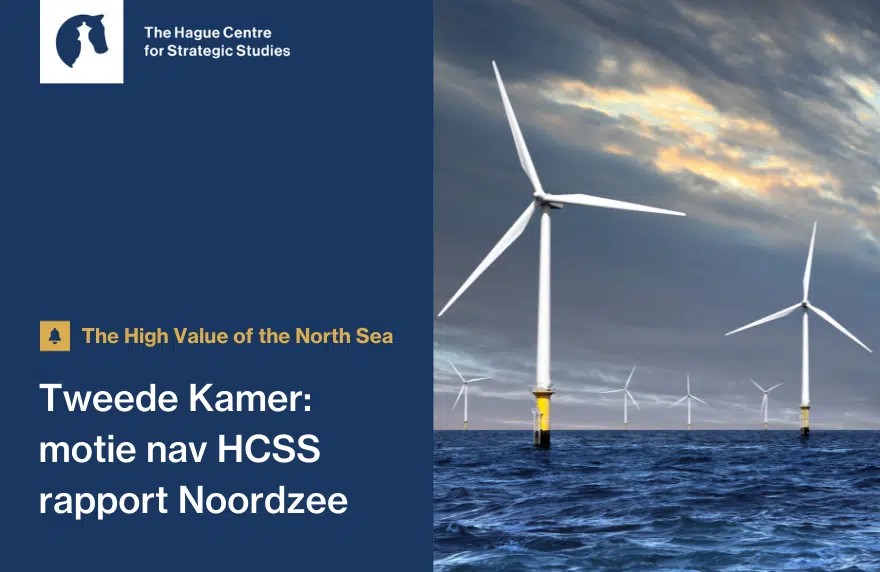What does the future hold for the Dutch Navy in a world of climate change, global trade shifts and rising conflicts?
The latest HCSS report by Davis Ellison, Pieter-Jan Vandoren and Frank Bekkers explores the future demands on the Royal Netherlands Navy (RNLN) and its European partners in the 2040-2050 period. It highlights two key trends shaping maritime security: long-term shifts in global trade and climate change.
We present four scenarios: deep-sea resource competition, instability around the Suez Canal, conflict with Russia over the Northern Sea Route, and a great power war between the U.S. and China. These developments could significantly strain European naval capabilities, necessitating greater flexibility and strategic prioritization.
Climate change is identified as the most consequential security challenge. Rising sea levels, extreme weather events, and coastal flooding will threaten European nations, especially the Netherlands and Belgium, increasing the burden on the RNLN. Additionally, shifts in global trade—marked by China’s growing economic and naval power, U.S. disengagement from trade arrangements, and the opening of Arctic sea routes—will demand an expanded European naval presence along major trade corridors.
Economic competition and geopolitical instability will exacerbate security risks. Regions such as North Africa and the Middle East are likely to experience persistent conflicts due to economic precarity, governance challenges, and climate-driven crises. This necessitates a European and Dutch naval strategy that balances immediate crisis response with long-term strategic positioning.
To address these challenges, our report outlines key capability requirements for the RNLN:
- Increasing the number of air and missile defence frigates to ensure flexibility across multiple theatres.
- Enhancing Anti-Submarine Warfare (ASW) capabilities, including submarines and unmanned underwater vehicles.
- Strengthening digital infrastructure to improve data-driven naval operations.
- Expanding the Marine Corps to enhance expeditionary capabilities and integrate new missile systems for Arctic and littoral operations.
- Modernizing offshore patrol vessels and landing platform docks for multipurpose deployment.
- Addressing personnel recruitment and retention to ensure sustained operational effectiveness.
The study warns against over-specialization, emphasizing the need for a balanced, flexible force structure. With the potential for simultaneous crises, European navies, including the RNLN, must adapt their strategies and capabilities to remain effective in a rapidly changing geopolitical landscape.
Authors: Davis Ellison, Pieter-Jan Vandoren and Frank Bekkers. With contributions from Bryan Smeets and Tom Connolly.
This study was carried out by the Hague Centre for Strategic Studies (HCSS) within a framework agreement with the Royal Netherlands Navy. The conclusions and recommendations presented in this study are the result of independent research. Responsibility for the content rests with the authors and the authors alone









